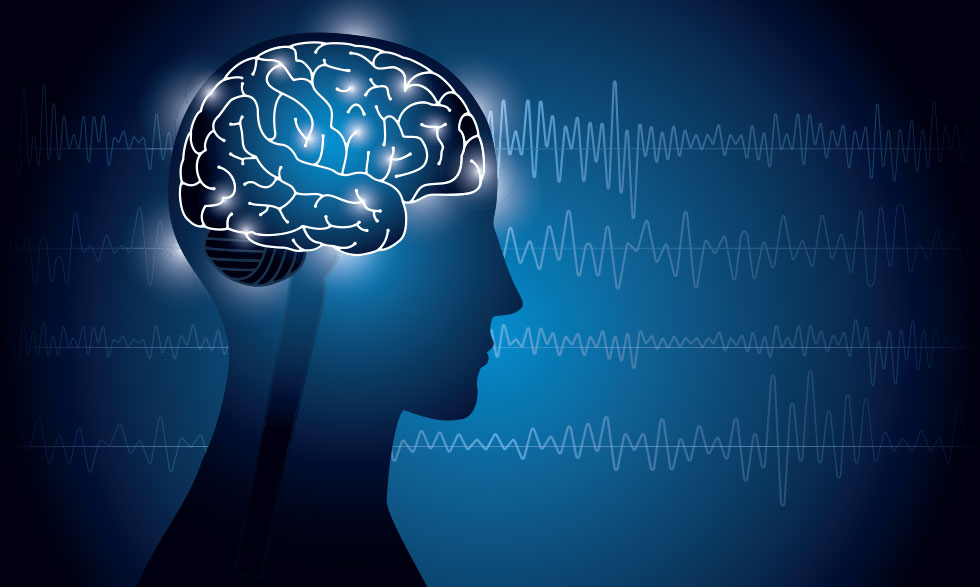
You’re trying to remember a word. You’re thinking, thinking … and suddenly, it pops into your head. NIH researchers wanted to know just what happens in the brain at this moment.
As it turns out, a split second before a person calls up a memory, fast waves of activity ripple across key parts of the brain that help store our memories.
This discovery comes from a study of epilepsy patients enrolled in a trial at NIH’s Clinical Center.
Researchers recorded their brain activity to find out what was causing the seizures related to their disorder.
The recordings also provided a chance for scientists to study how the brain stores memories.
The patients were asked to remember pairs of words. Later, they were told one word and asked to remember its partner. A few milliseconds before they correctly remembered the word, there was a ripple of activity in their brain.
If they couldn’t remember or answered incorrectly, there wasn’t a ripple.
These ripples could help us better understand how the brain processes and retrieves memories, says NIH lead researcher Kareem Zaghloul, M.D., Ph.D.
“Our results suggest that coordinated ripple activity may play a critical role in replaying the neural codes behind our memories,” Dr. Zaghloul says.
